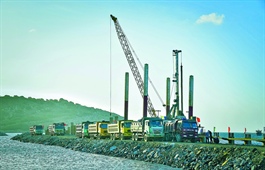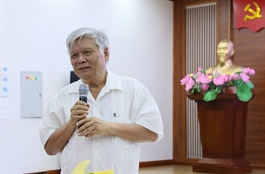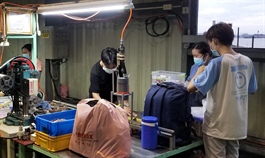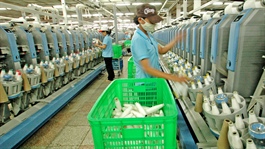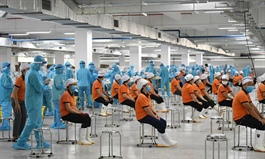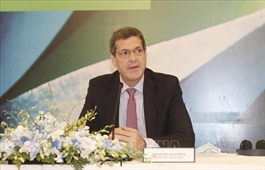Global economic integration lays foundation for Vietnam to promote circular economy
Global economic integration lays foundation for Vietnam to promote circular economy
Growing number of local enterprises achieving success by adopting clean production standards have been direct results from Vietnam’s policies to promote green and sustainable growth.
Vietnam’s active efforts in integrating into the global economy by realizing its commitments under the World Trade Organization (WTO) framework and recently signed free trade agreements would help the country lay the foundation to promote circular economy.
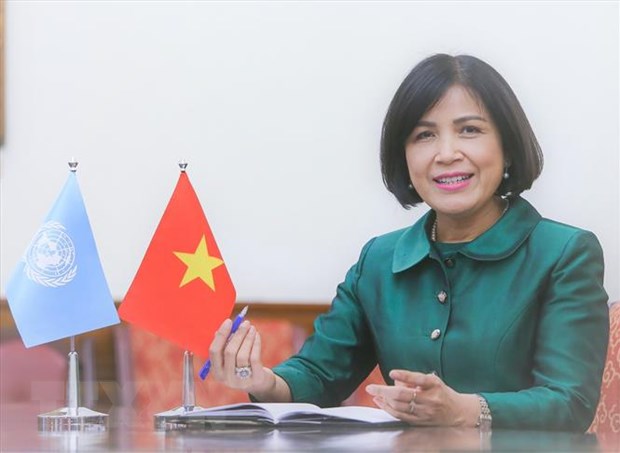
Ambassador Le Thi Tuyet Mai, permanent representative of Vietnam to the WTO. Photo: VNA
|
Ambassador Le Thi Tuyet Mai, permanent representative of Vietnam to the WTO, made the remarks in a recent virtual conference organized by the WTO Committee on Trade and Development, discussing the circular economy, economic diversification and Aid for Trade.
According to Mai, the circular economy model has been identified as a key solution under Vietnam’s 2021-2030 socio-economic development strategy towards a rapid, sustainable and green economic growth.
“Mechanisms and policies to boost the adoption of circular economy in Vietnam has been incorporated in the country’s Law on Environmental Protection released last year and a national action program on sustainable production and consumption,” Mai added.
Mai also noted the country’s push for green and sustainable growth was first mentioned in the 1986 when the country initiated the renovation process (Doi moi), aiming for economic growth and environmental protection at the same time.
“Vietnam gives priority to the efficient use of natural resources and other input materials to realize the UN Sustainable Development Goals,” she added, saying the growing number of local enterprises attaining successes by adopting clean production standards have been direct results from such policies.
However, as challenges remain for Vietnam to transit from a linear economic model to a circular one, Mai said the country hopes to learn from the experiences of those having succeeded in adopting a circular economic model for sustainable development.
At the conference, experts expressed concern over severe pollution and over-exploitation of natural resources as linear economies are causing unsustainable mass production and environmental degradation.
In this context, circular economy has emerged as a viable solution to address these issues, as this economic system is aimed at reducing waste through the continual repurposing of resources for sustainability.
Green growth and digital transformation have also been acknowledged as measures to promote inclusive growth and sustainable development in developing countries.
Experts also discussed the role that Aid for Trade can play in supporting sustainable development through financing and the transfer of technology and know-how to help make production and consumption more sustainable whilst supporting economic development objectives.
|
Minister of Natural Resources and Environment Tran Hong Ha in a recent webinar said Vietnam considered the circular economy a key solution to minimize impacts from climate change, especially as the country is among the most vulnerable to extreme climate events. For the past 10 years, Vietnam has been implementing the cleaner production strategy in the industrial sector. A recent survey conducted by the Ministry of Industry and Trade (MoIT) revealed 68.5% of industrial companies are aware of benefits from cleaner production, up 20.5% against 2010, while those adopting the model in operation surged by 35.9% to 46.9%. According to the MoIT, 21% of medium and large enterprises have dedicated a specialized department on promoting cleaner production. |



